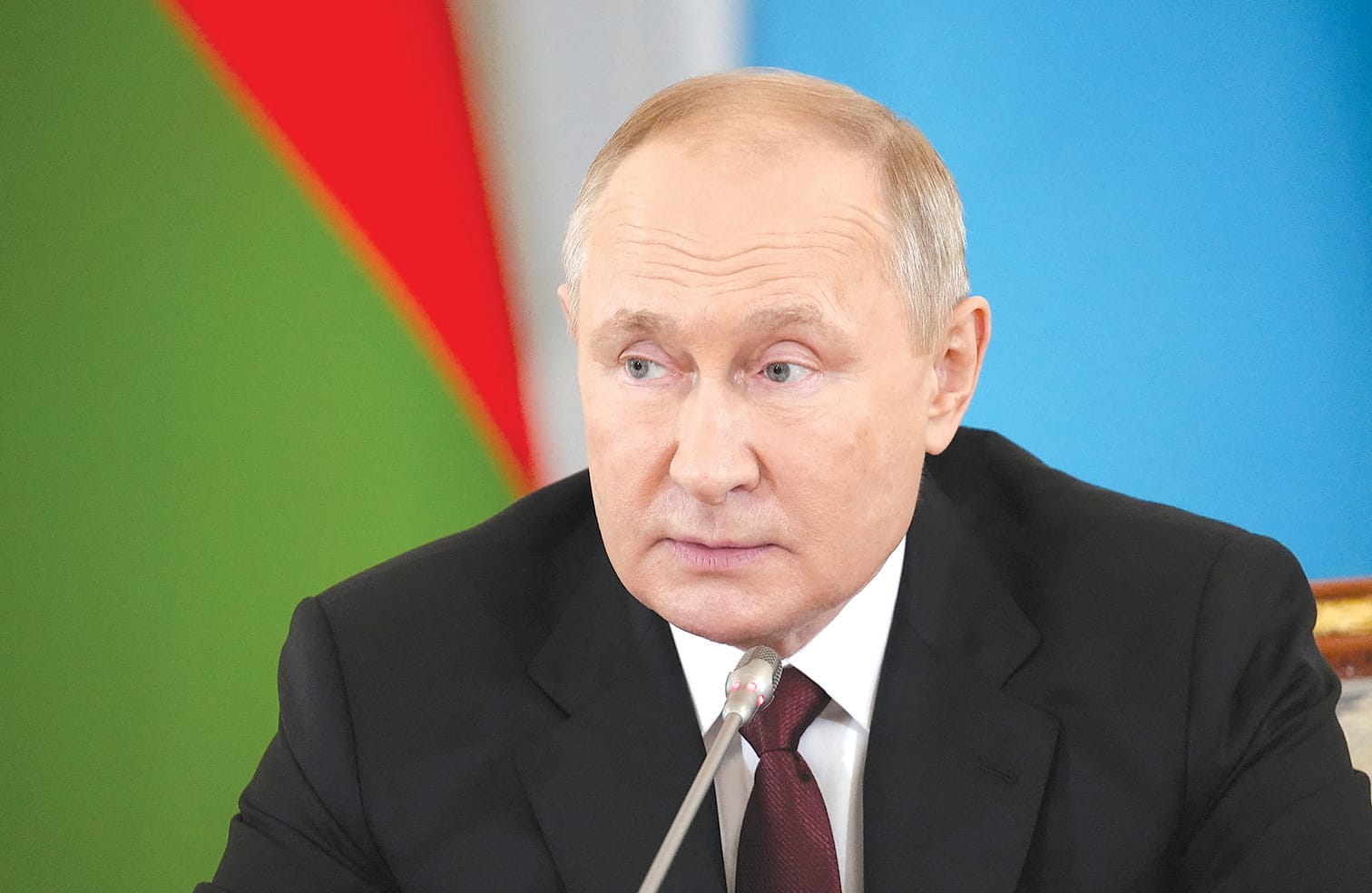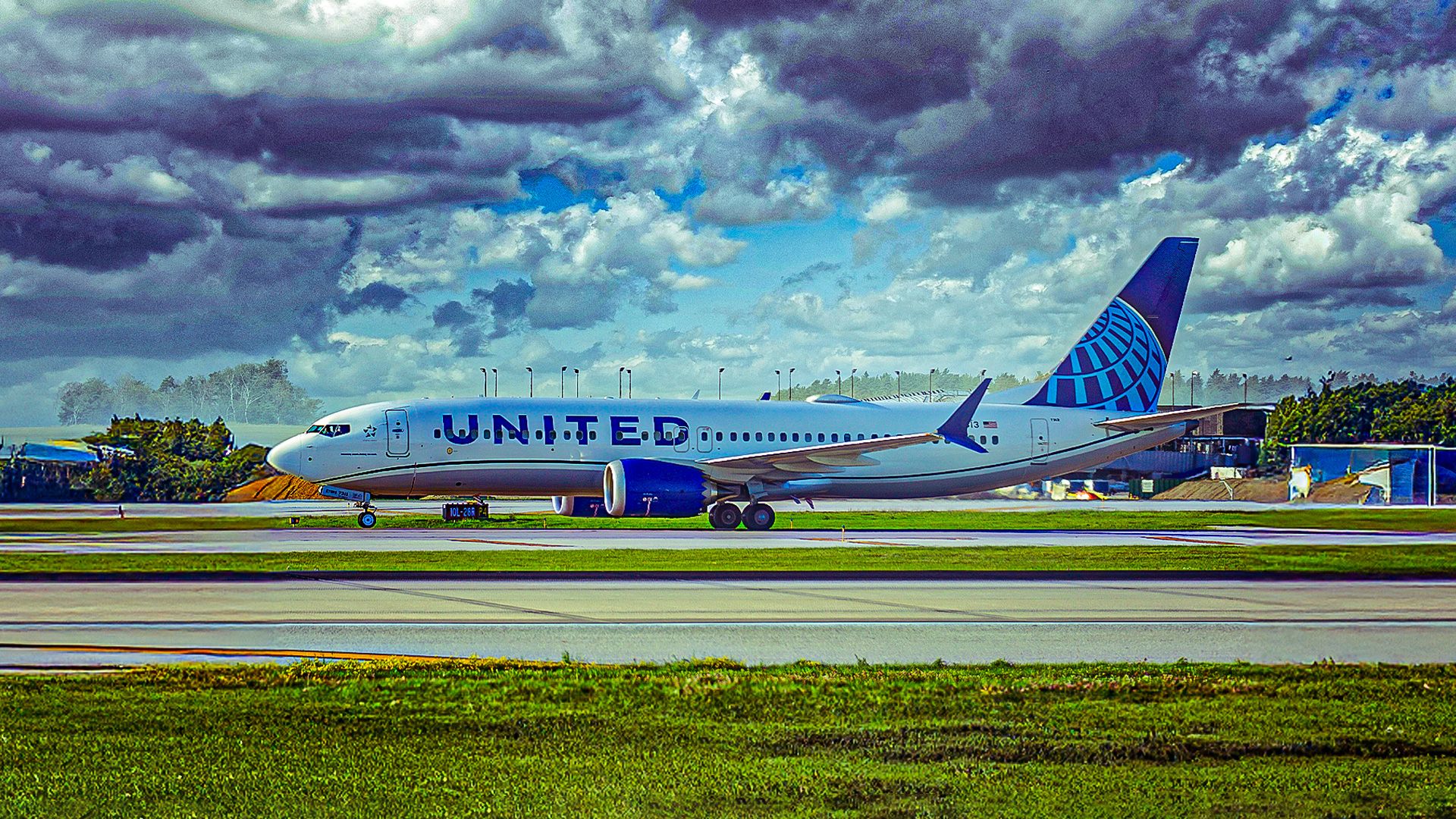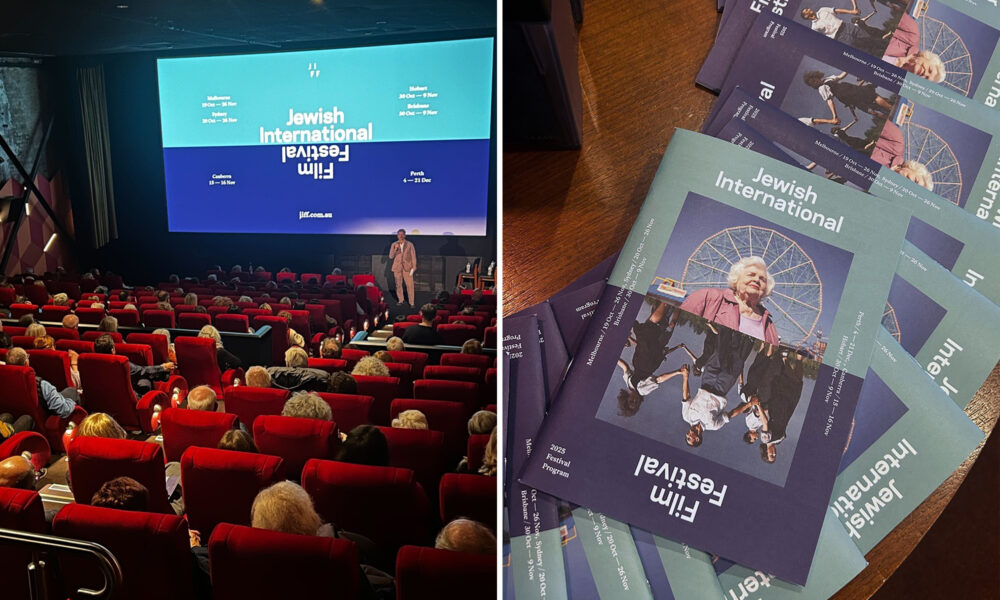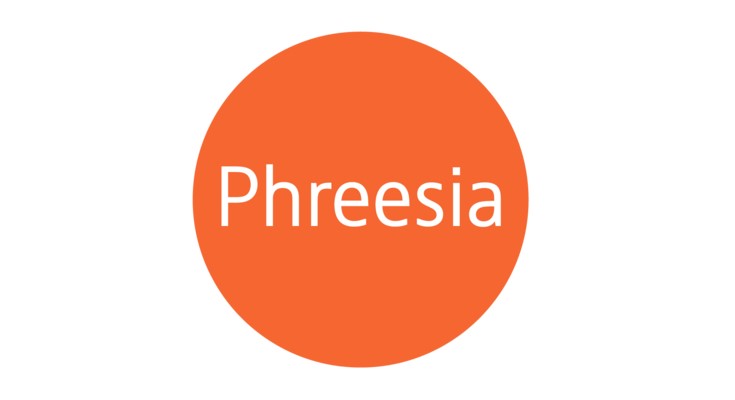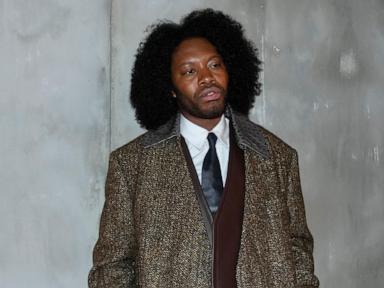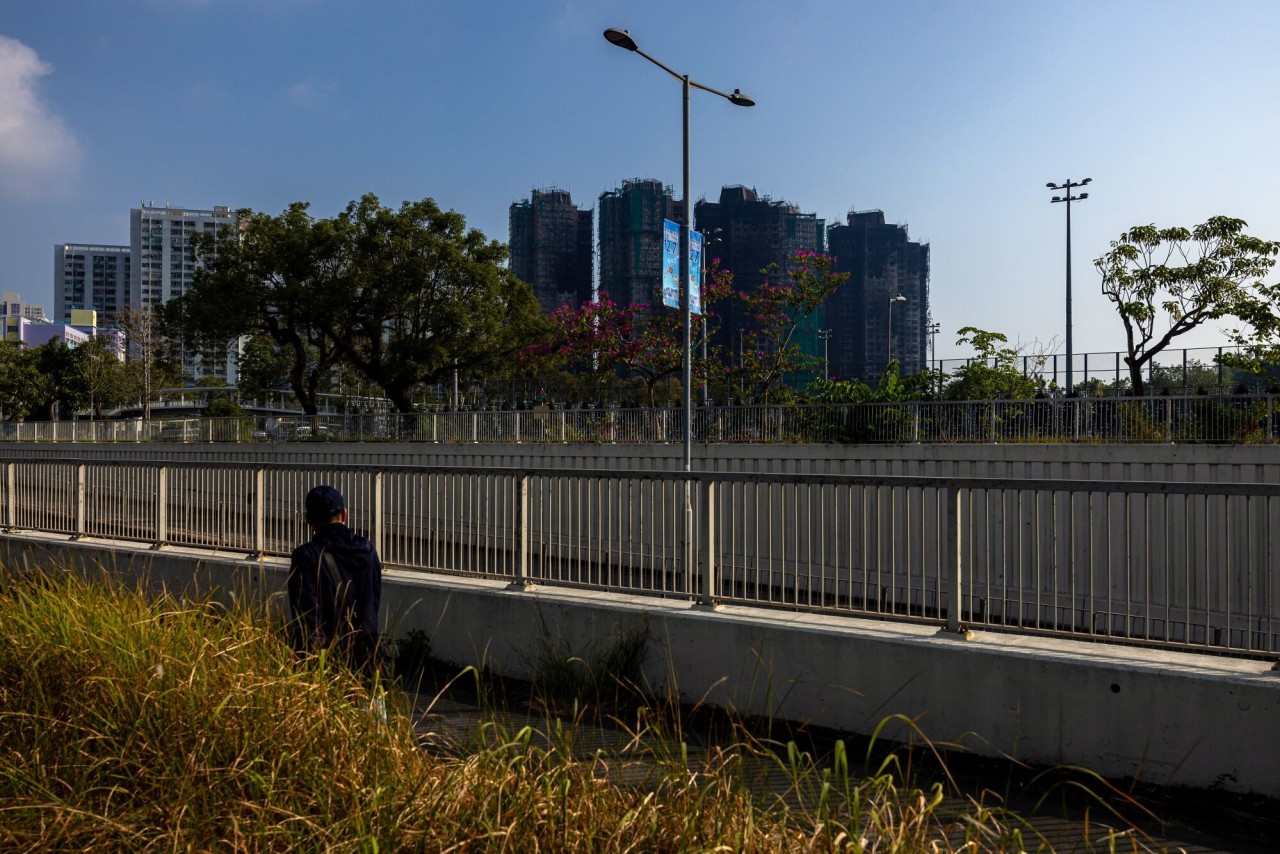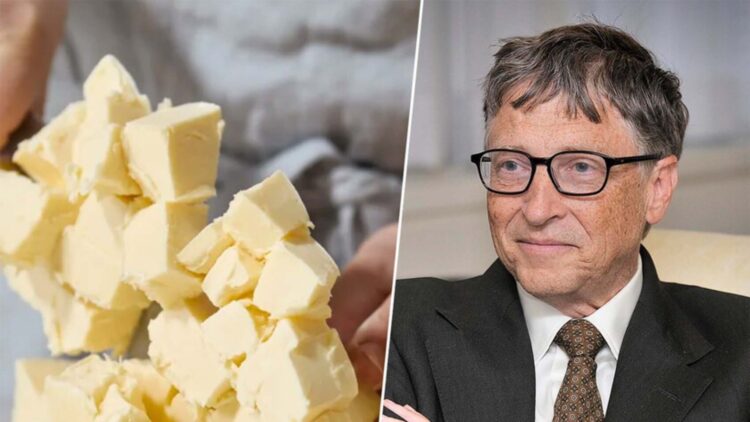Russian President Vladimir Putin has directed government officials to prepare proposals for the potential resumption of nuclear tests. This move comes in response to statements made by U.S. President Donald Trump on October 30, 2023, suggesting that the United States might restart its own nuclear testing program for the first time in over three decades.
During a meeting with his Security Council, Putin reiterated that Russia would only resume nuclear tests if the United States does so first. Still, he emphasized the need for his defense and foreign ministries to assess Washington’s intentions and devise plans for possible nuclear testing. This directive highlights the growing tensions surrounding nuclear capabilities between the two nations.
In recent remarks, Trump indicated a desire for the U.S. to conduct nuclear tests on an “equal basis” with Russia and China. However, U.S. Energy Secretary Chris Wright clarified that the new tests ordered would not involve nuclear explosions. Trump made the announcement while visiting South Korea, shortly after Putin showcased successful tests of new nuclear-capable weapons, including a cruise missile and an underwater drone.
Putin’s display of military advancements appears to be a strategic message to the U.S. regarding Russia’s stance in ongoing geopolitical conflicts, particularly concerning Ukraine. While the U.S. military has consistently tested nuclear-capable systems, it has not detonated an atomic weapon since 1992. The Comprehensive Nuclear Test Ban Treaty, which the U.S. signed but did not ratify, has been generally upheld by nuclear-armed countries, with the notable exception of North Korea.
In 2023, Putin signed legislation revoking Russia’s ratification of the nuclear test ban treaty. This move was framed as a necessary step to ensure that Russia could keep pace with U.S. nuclear capabilities. During Wednesday’s meeting, Defense Minister Andrei Belousov briefed Putin on U.S. efforts to modernize its nuclear arsenal, stating that the potential resumption of nuclear testing by the U.S. poses a significant military threat to Russia.
Belousov suggested that Russia should begin preparations for nuclear tests on the Novaya Zemlya archipelago, the site of the Soviet Union’s last nuclear test in 1990. He asserted that the location is ready for rapid resumption of testing. Gen. Valery Gerasimov, Chief of the General Staff, supported this recommendation, warning that without timely action, Russia may lose the opportunity to react effectively to U.S. nuclear developments.
After hearing from military leaders and other officials about the ambiguous signals from Washington regarding nuclear testing, Putin instructed government agencies to gather more information and analyze the situation. He called for coordinated proposals regarding the potential preparation for nuclear tests.
Kremlin spokesperson Dmitry Peskov clarified that Putin did not initiate preparations for nuclear tests but rather tasked officials with determining if such preparations are necessary. He emphasized the importance of understanding U.S. intentions before making further decisions.
In a social media post, Deputy Chairman of the Security Council Dmitry Medvedev expressed that Russia must take Trump’s comments seriously. He acknowledged the unpredictability of Trump’s statements but highlighted the gravity of their implications, stating that Russia would have to consider the feasibility of conducting full-scale nuclear tests if the U.S. proceeded with its plans.
The diplomatic and military developments reflect increasing uncertainties in international relations, particularly as both nations navigate the complexities of nuclear deterrence and strategic military posturing.

